(May 15, 2023) Sridhar Laxman is the founder of Lucid Minds, a coaching enterprise that has catapulted numerous professionals and businesses into impressive success stories since its inception in 2011. The company, which began in Sridhar’s bedroom with nothing more than a laptop and a phone, has played an instrumental role in shaping and guiding the growth trajectories of entrepreneurs, professionals, and businesses across various sectors and countries. Sridhar began his journey in an era when the business coaching concept was just taking root in India. “When I began, not many were aware or invested in coaching, however, over the years, the scenario has changed significantly,” he recalls.
His impetus to embark on a coaching career was kindled by personal trials and tribulations. “I faced numerous challenges in life and work,” he tells Global Indian, recounting how these hurdles led him to hire a coach for himself, a decision that marked the beginning of his transformative journey. The profound impact of coaching made him delve deeper into the subject, eventually leading him to quit his high-paying corporate job and pursue his passion in coaching.
Corporate success – and stresses
Sridhar’s early career was characterised by long, erratic working hours, which he describes as thrilling yet extremely taxing. The toll on his health was substantial, prompting him to rethink his life choices. “I was also looking for more meaning and purpose in life. One thing led to the other and in my second corporate work decade, I got deeper into reading books on Buddhism, philosophy, and self-discovery,” he adds.
As he ascended the corporate ladder, his role took him to different countries for meetings, training programmes, and conferences, which broadened his understanding of diverse cultures and people. He saw inherent greatness in every individual he interacted with, a revelation that would later influence his coaching philosophy.
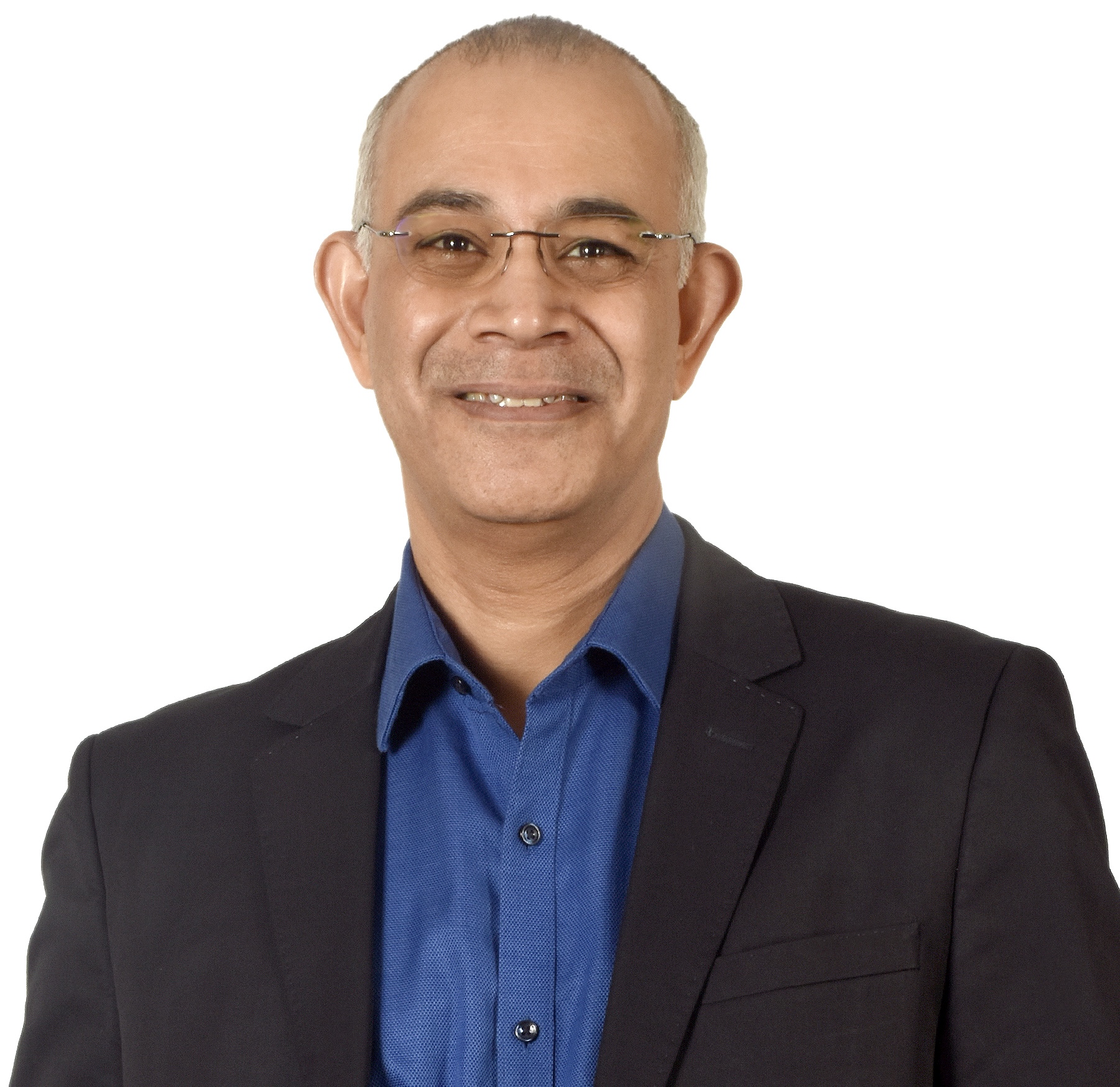
Sridhar Laxman
Early life and career
Born in Haveri, Karnataka, Sridhar’s early life was marked by frequent relocations due to his father’s transferable job with the Life Insurance Corporation (L.I.C.). He completed his schooling in various cities like Delhi, Bangalore, Nagpur, and Chandrapur. He believes that these early experiences of change and exposure to different cultures played a crucial role in building his resilience.
His professional life began with The Times of India, followed by a six-year stint in advertising agencies such as Lintas, J.W.T. Contract, and Ogilvy. He also briefly worked in the dot-com era in 2000, before assuming marketing roles in companies like American Power Conversion, Mercury Interactive, Hewlett Packard, and Schneider Electric for the next 11 years.
As a child, Sridhar showed a deep affection for animals and was known for his love for drawing, painting, and reading. “I was known for bringing home any pup I happened to see on the walk back from school,” he recalls. His empathetic nature continued into adulthood, and he firmly believes that all transformation begins with awareness. “If you are fully aware of what you are doing at present, you are building your great future. Thus, awareness should always be a priority,” he explains.
The journey to the self
Choosing to leave his career and work on himself was a pivotal moment in Sridhar’s life, leading him to realise his true potential and become a professional coach. Today, he is recognised as one of the top business coaches in India, providing entrepreneurs, business owners, and professionals with strategies and guidance to enhance their growth. He also assists corporate leaders and business owners on their journey towards becoming highly effective, productive, and successful.
Sridhar believes that coaching is a robust process, and at the heart of it is self-awareness. He points out that the clearer a client becomes about their goals and how to achieve them, the more effective the coaching process becomes. “The feedback I received time and again in my corporate career was my ability to get people to think clearly. When evaluating a name for my business, I started with clarity as the value and the word ‘Lucid’ came to me. I worked on it a bit more, and Lucid Minds struck me as a good name for what I did,” he explains.
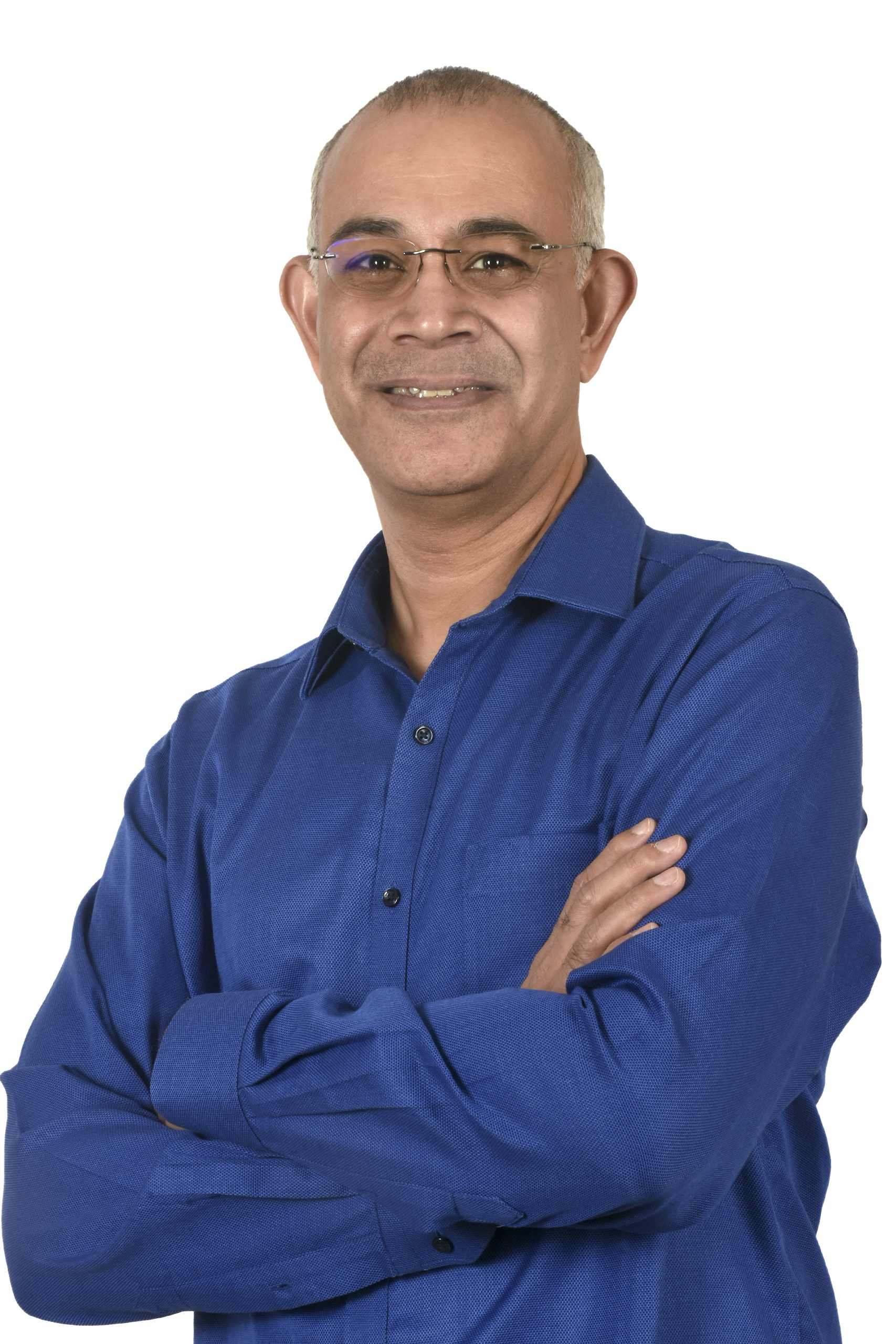
Lucid Minds
The early years of Lucid Minds were challenging. Sridhar had to leave behind a corporate career of 20 years, filled with bright individuals and well-equipped office spaces, to start anew. But he persevered, investing in formal coaching education with the International Coaching Academy, International Coaching Federation, and the Centre for Transformative Coaching. “I am a Certified Professional Coach with the International Coach Federation, a graduate of the International Coach Academy, a Certified Deep Transformational Coach from the Centre for Transformational Coaching, and Certified in Hogan Personality Assessments,” he states.
As Lucid Minds enters its 13th year, Sridhar, now a well-known business coaching expert, has had the opportunity to coach clients across 13 countries from various sectors like Information Technology, Pharma, Consumer Durables, Oil and Gas, Start-Ups, Financial Technology, Automotive, Rail, and Infrastructure Design. “My clients comprise C-suite leaders, founders, business owners, and other corporate executives. Except for the pandemic period, which was a challenging time across industries, my coaching practice has grown in strength by the year, and I am super excited about the work I get to do,” he shares.
However, Sridhar acknowledges that running a bootstrapped business for 12 years is not without its challenges. “In the initial years, due to the lack of awareness of Coaching, it was hard to get sufficient work. I questioned my decision to quit a secure, well-paying job. There was also a sense of loneliness because I was used to working alongside people for 20 long years. However, the loneliness turned into much-needed solitude, and I am grateful,” he recalls.
He has reservations about the platforms that aggregate coaches and offer them to potential clients. “In my view, business coaching is not something we can attempt to sell. Persuading, convincing, and selling coaching to vulnerable people can get them to sign up under pressure, not being ready to go through the coaching journey, and experiencing little or no growth, leading to a poor impression about Coaching as a service,” he warns.
Sridhar’s entrepreneurship takeaways
For entrepreneurs, he recommends taking time to understand oneself, as this will lay the foundation for success. “The more clarity you have about yourself, the more successful you will be. This might sound clichéd, but it’s true,” he insists. He believes entrepreneurs should focus on their strengths and not get bogged down by their weaknesses. “Work on your strengths. Every one of us is strong in certain areas. Identify them, build on them, and you will achieve success,” he asserts.
Sridhar is also a strong advocate for continuous learning. “Learning is the key to success in the 21st century. With changes happening at a breakneck speed, continuous learning is the only way to stay relevant,” he advises.
For businesses, he advocates a compassionate approach. “If you treat your employees well, they will treat your customers well. It’s as simple as that. Profit is an outcome, not a goal,” he says. In his experience, businesses that focus on their people and customers tend to be more successful than those that focus solely on profits. Teams must operate with high trust, a sense of belonging, and common purpose – this is the foundation of his work ethos. “Fairness, respect, and dignity, help build deeper connections and commitment towards goals,” he says.
Looking back, Sridhar feels immense gratitude for the journey he’s embarked on. “I am grateful for the learning and growth I have experienced over these years. I am thankful for my clients who have shown faith in me and my approach,” he reflects.
In the years to come, Sridhar plans to expand his coaching practice and continue to make a positive impact on the lives of individuals and organisations. He also plans to write a book on coaching, focusing on self-awareness and its importance in personal and professional growth.
Authenticity is key
When asked about his advice for aspiring coaches, he says, “Be authentic. Coaching is not about knowing all the answers but about asking the right questions. It’s not about fixing the client but about empowering them to find their own solutions. Be prepared for a journey of self-discovery and continuous learning.”
In closing, Sridhar shares a quote that he lives by, “Success is not the key to happiness. Happiness is the key to success. If you love what you are doing, you will be successful.”
Follow Sridhar Laxman on LinkedIn.



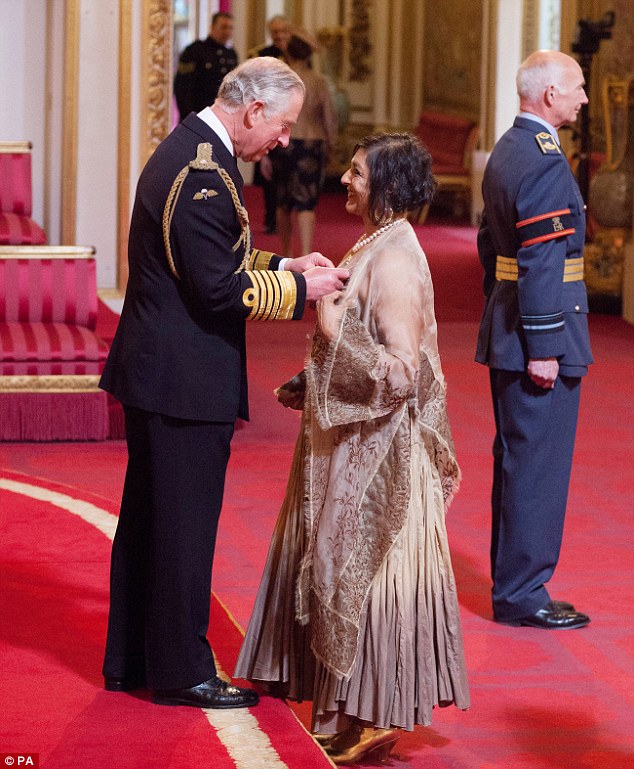 Meera Syal receiving CBE from King Charles[/caption]
Meera Syal receiving CBE from King Charles[/caption]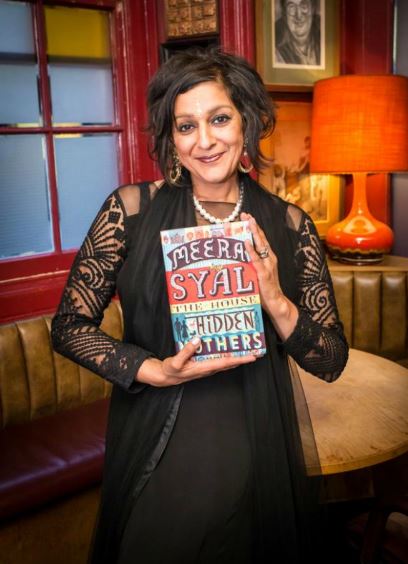 Meera Syal with one of her books[/caption]
Meera Syal with one of her books[/caption]

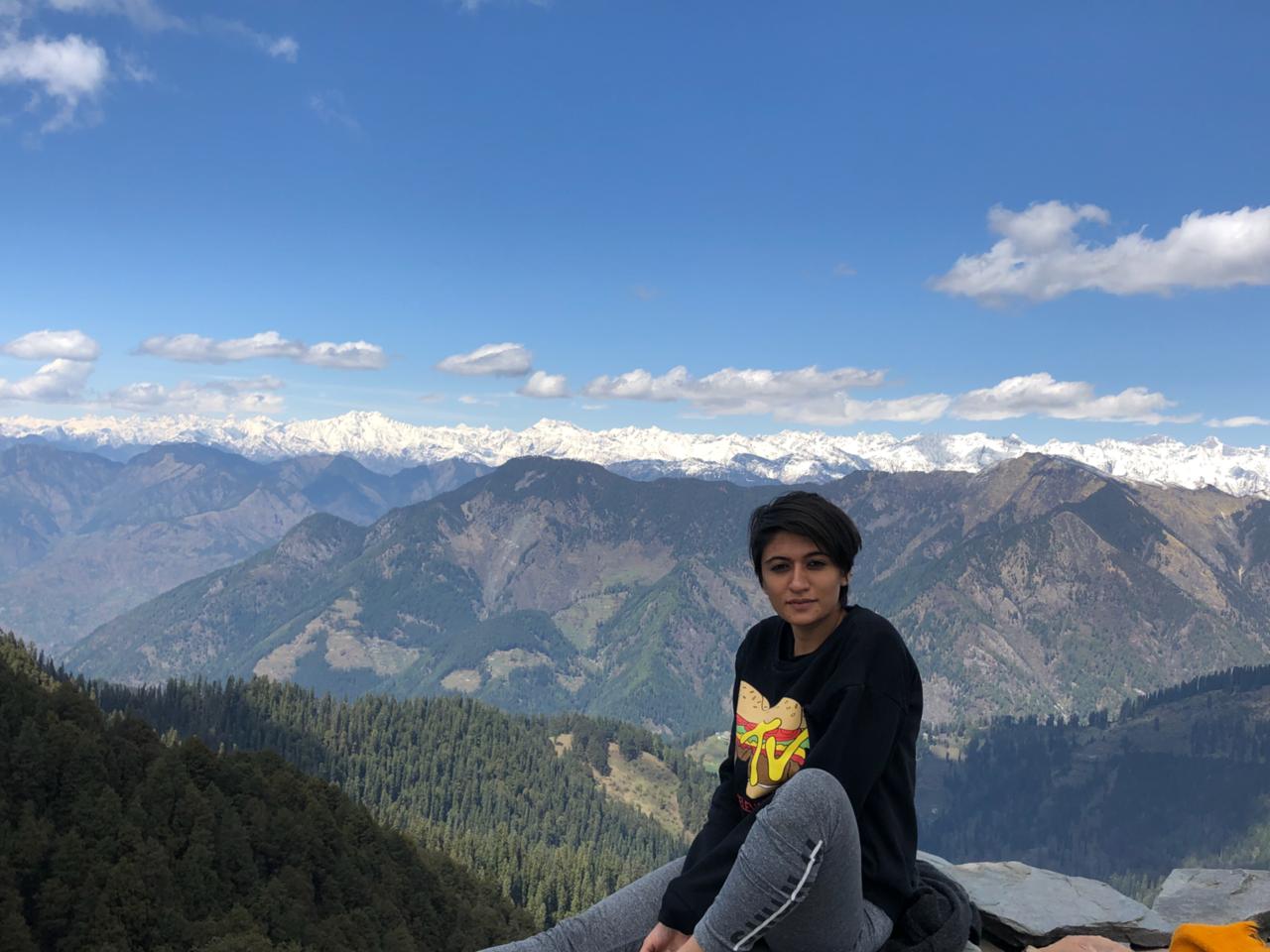
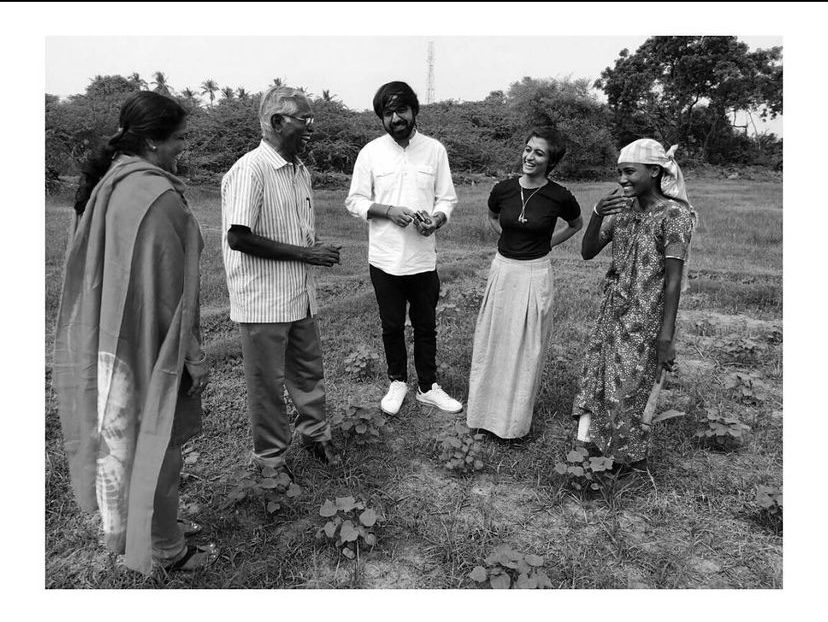 Kriti during a field trip[/caption]
Kriti during a field trip[/caption] Doodlage's collection is simple and yet quite unique[/caption]
Doodlage's collection is simple and yet quite unique[/caption]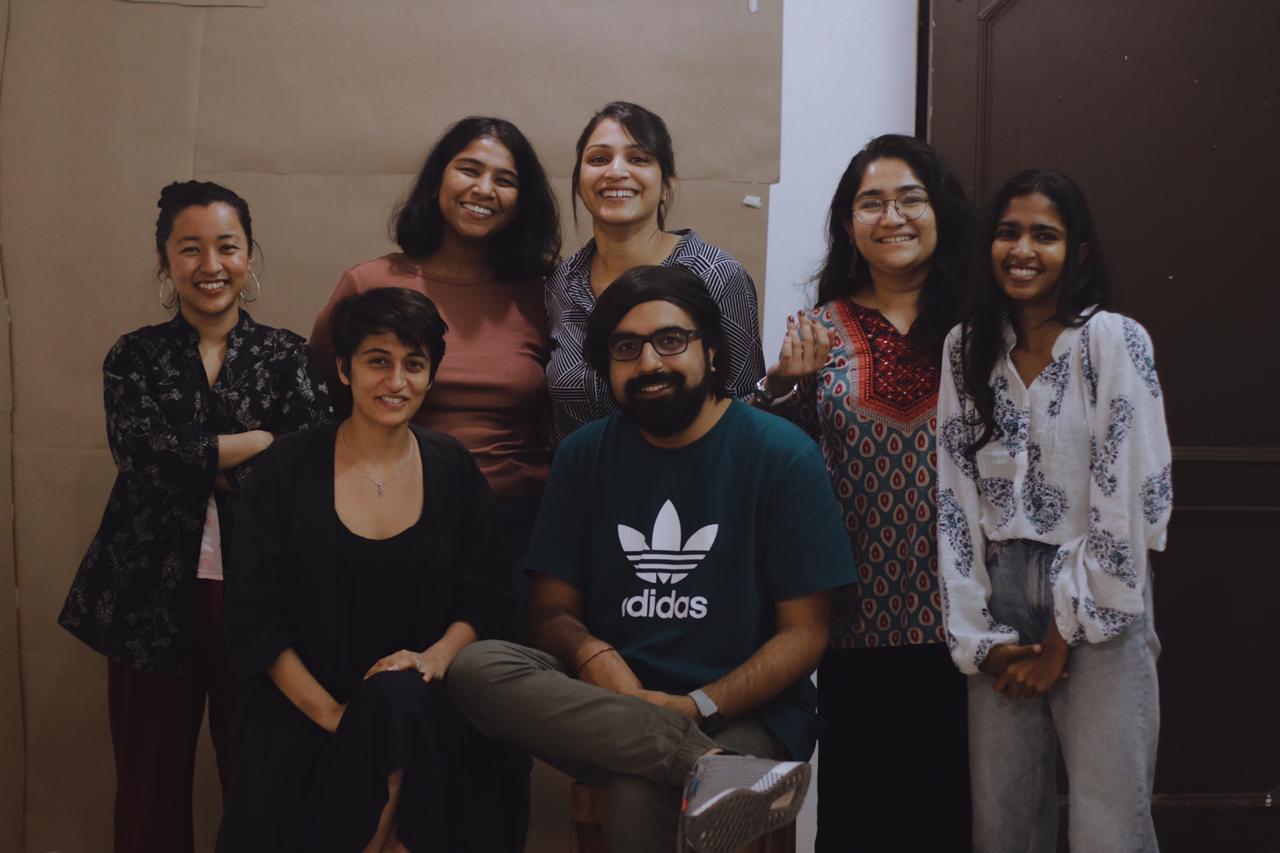 Kriti with her team[/caption]
Kriti with her team[/caption]
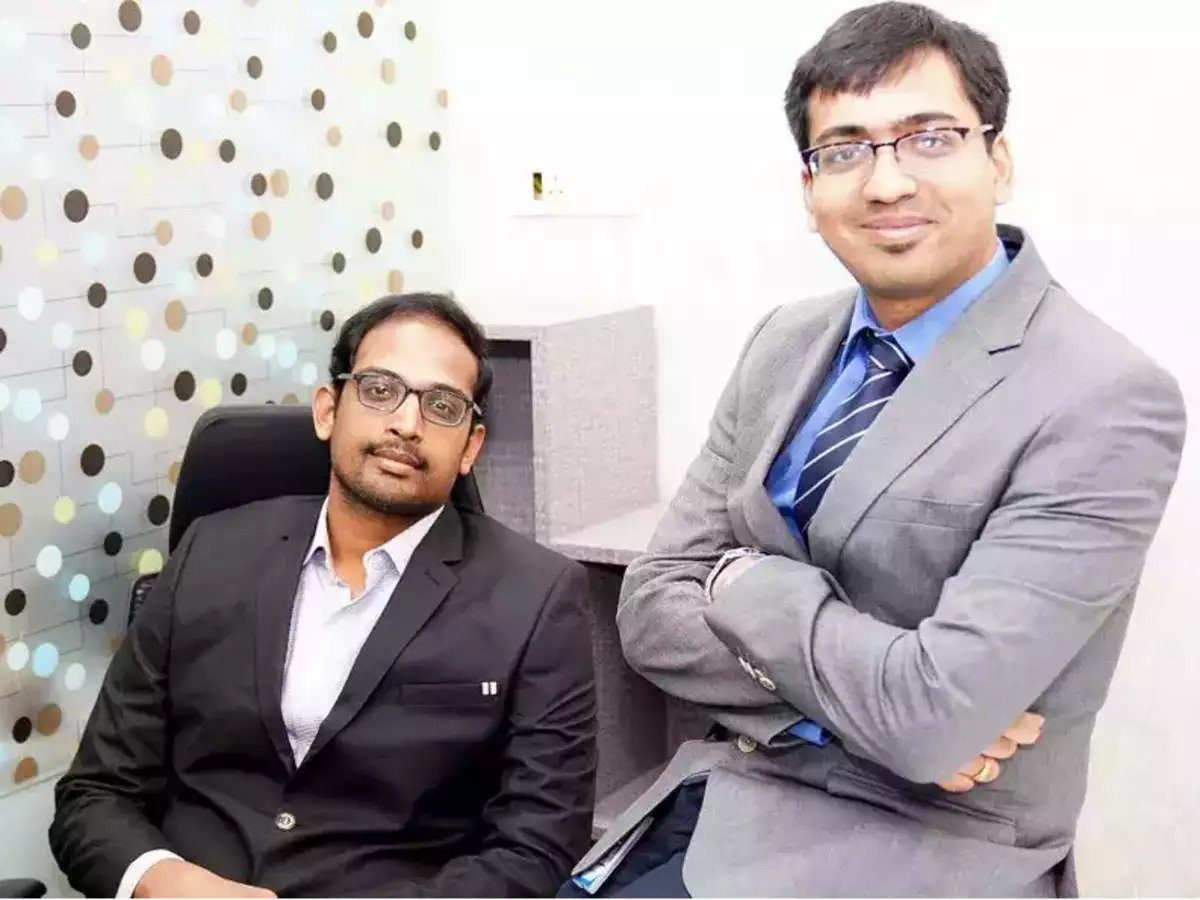
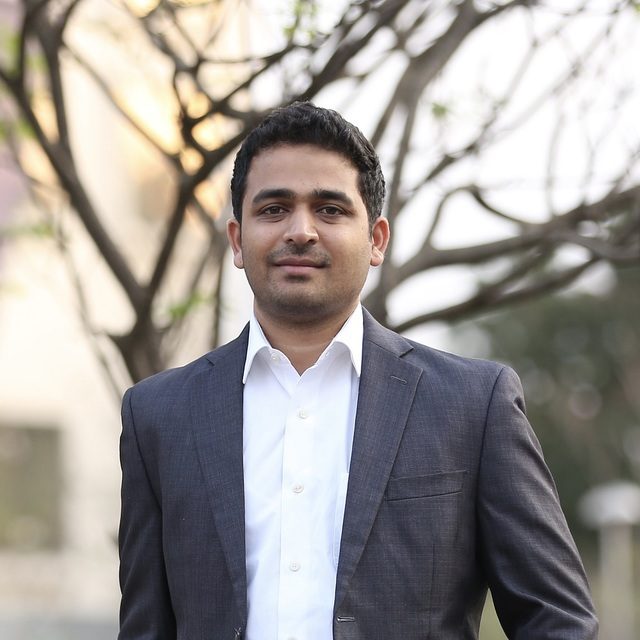
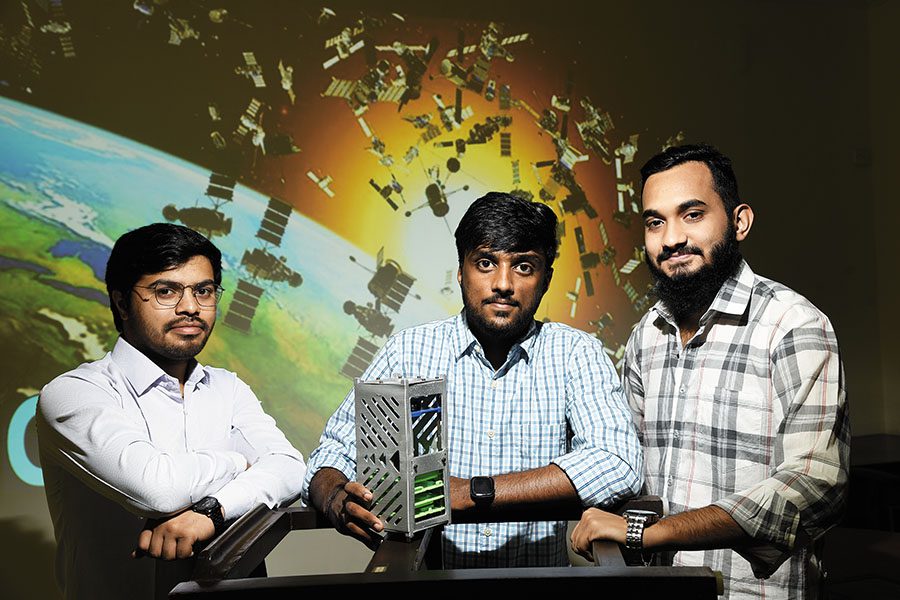
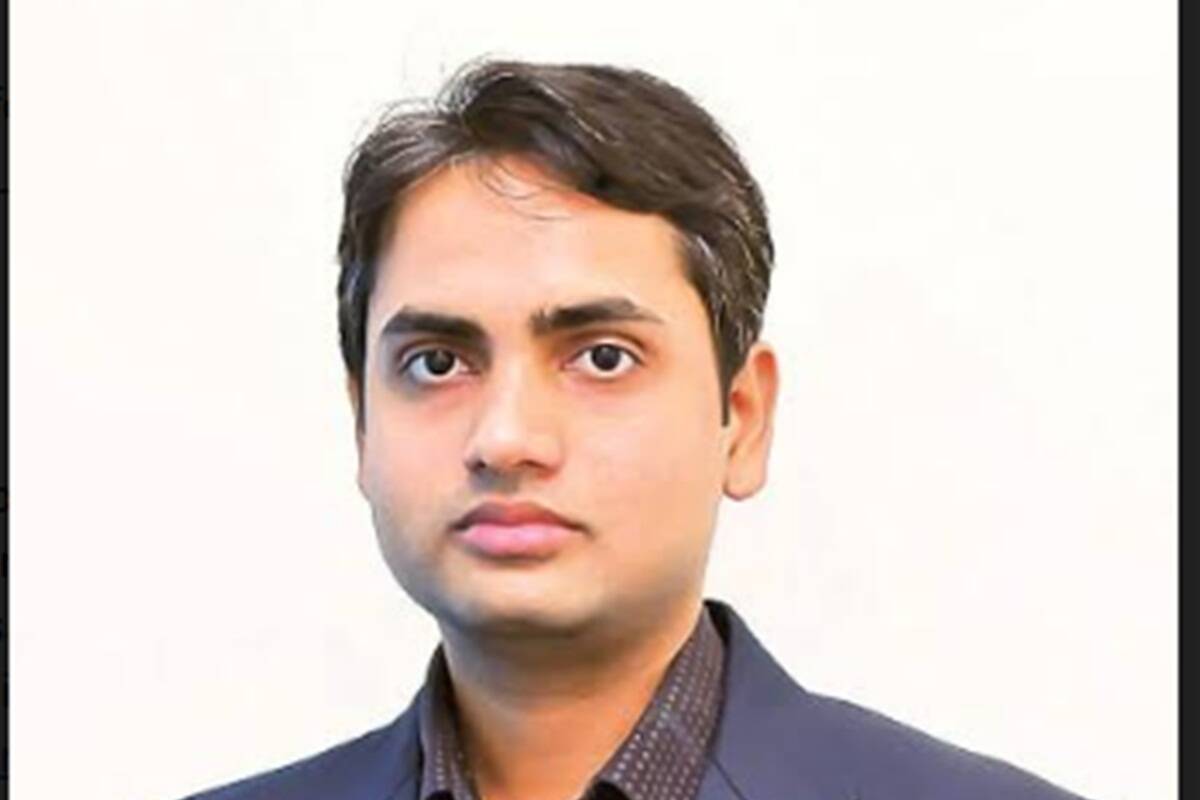

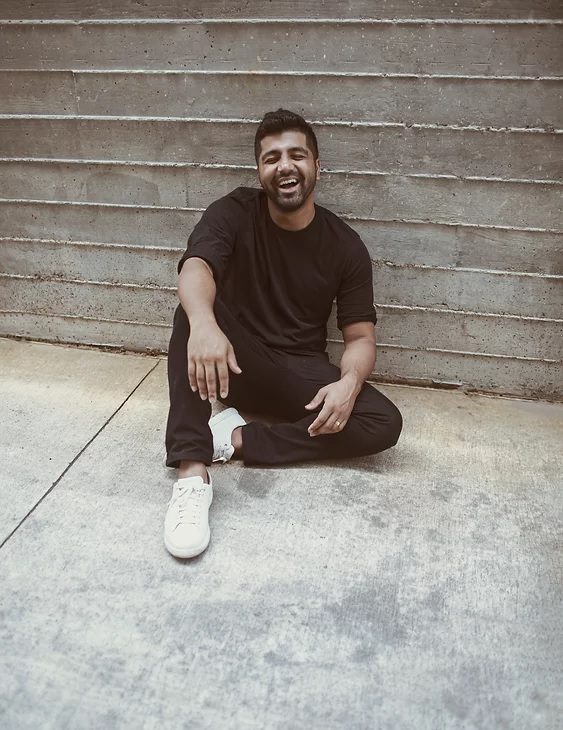 Aditya Rao[/caption]
Aditya Rao[/caption]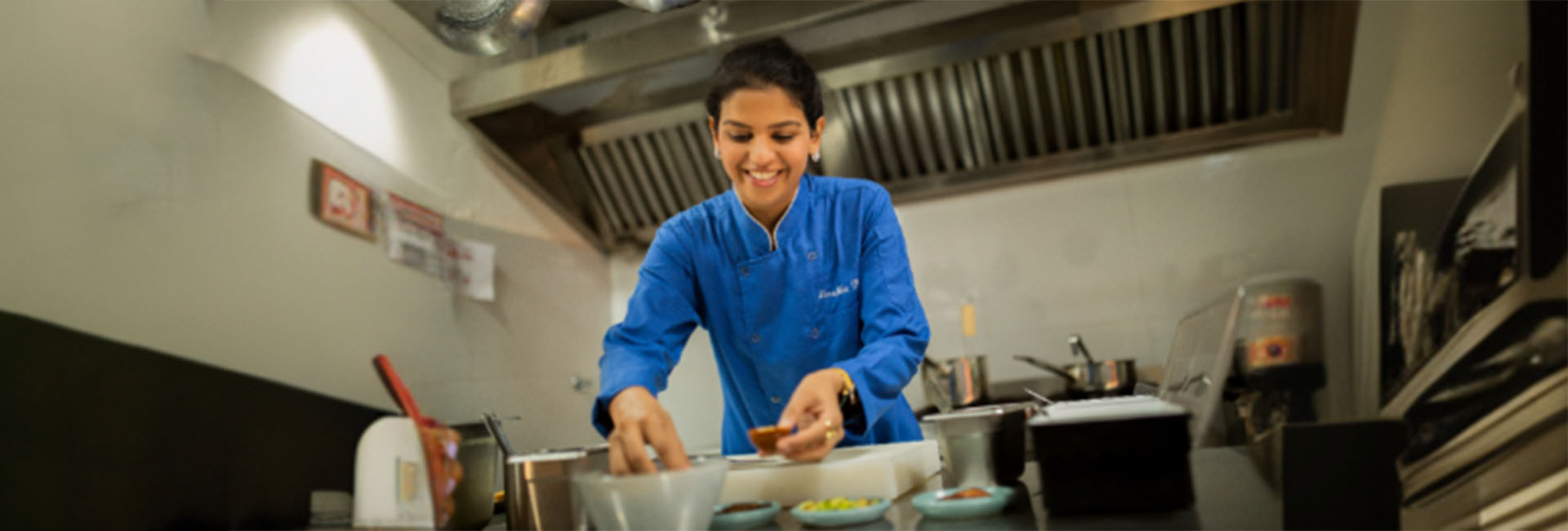
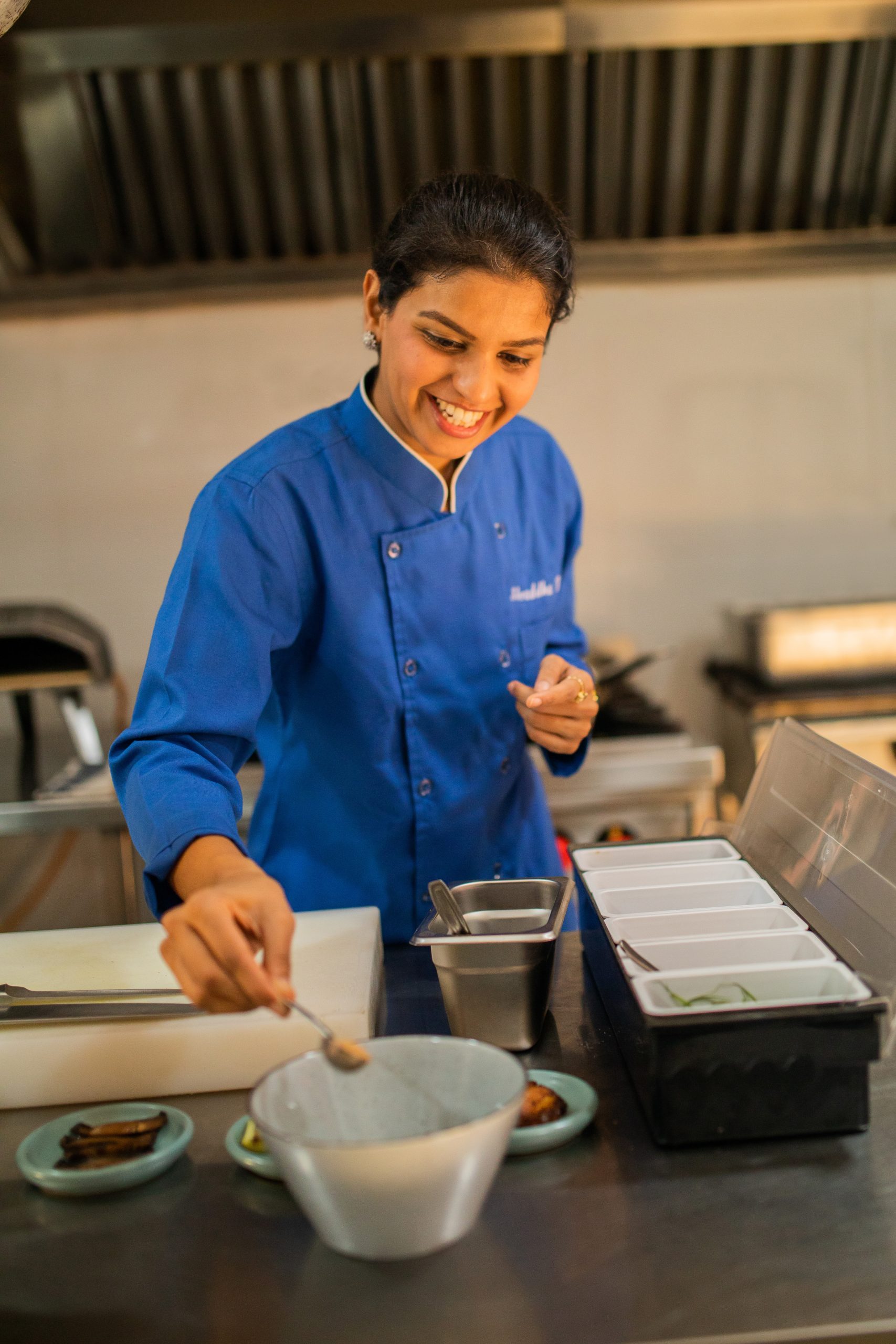
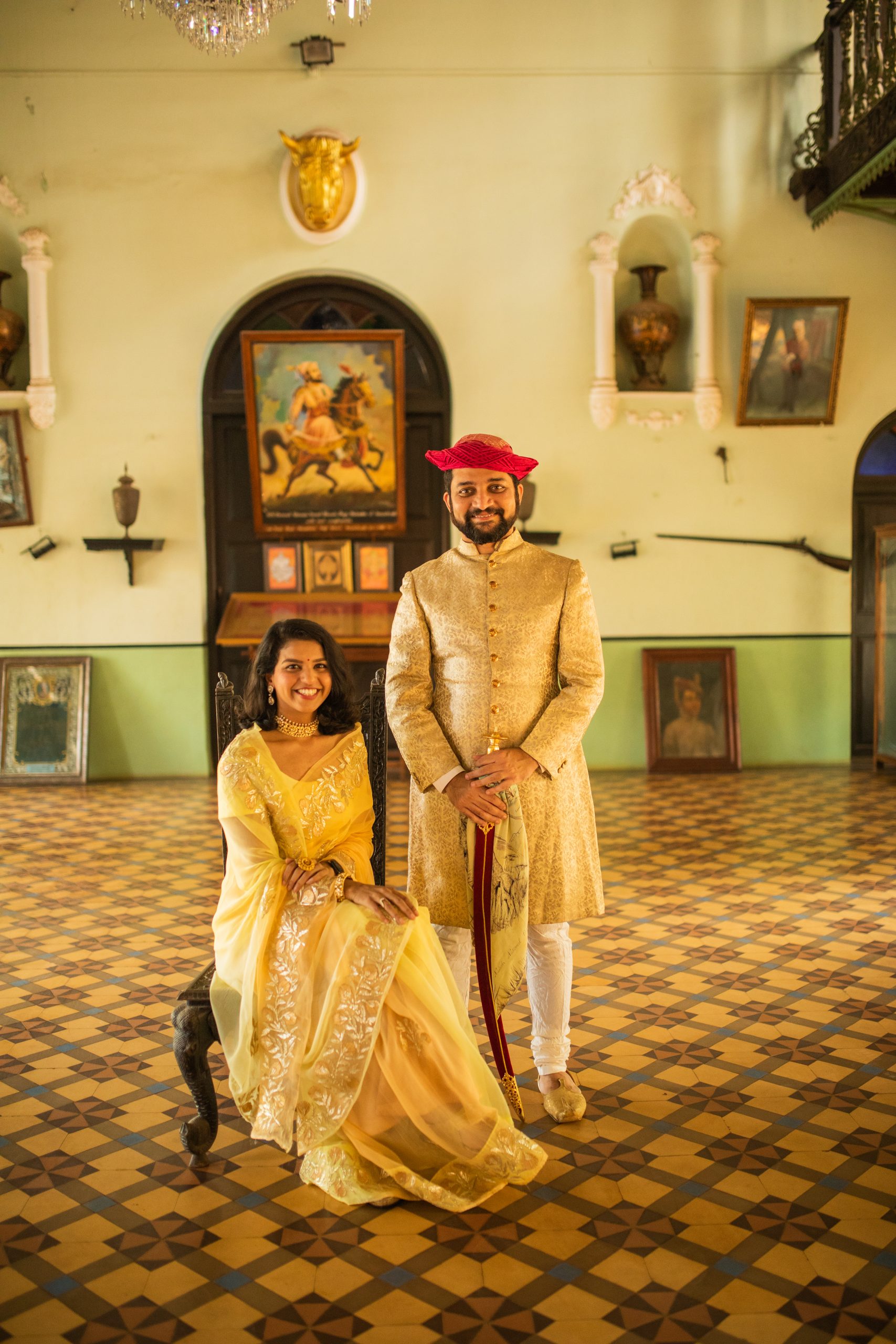 Yuvraj Lakham Bhonsle Raje and Yuvrani Shraddha Bhonsle[/caption]
Yuvraj Lakham Bhonsle Raje and Yuvrani Shraddha Bhonsle[/caption]